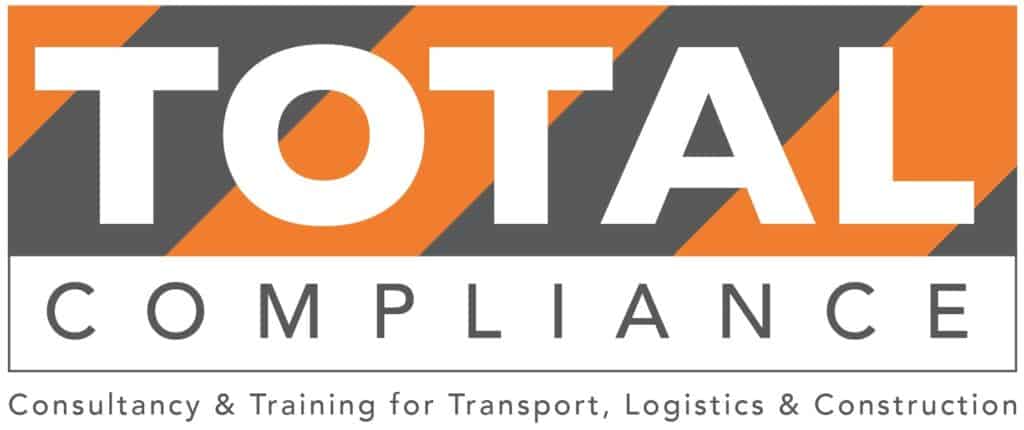

Who needs DGA/ADR training?
ADR stands for ‘Accord européen relatif au transport international des marchandises Dangereuses par Route’ and is a European agreement that regulates the transport of dangerous goods by road. In the UK, ADR training is mandatory for certain types of workers who are involved in the transportation of dangerous goods by road.
The following types of workers require ADR training in the UK:
- Drivers of vehicles that transport dangerous goods by road:
ADR training is mandatory for drivers who transport dangerous goods by road, whether they are carrying goods within the UK or across international borders. Once drivers have completed training by an approved provider, they will be issued an ADR Vocational Training Licence and ADR card by the Scottish Qualifications Authority (SQA).
- Dangerous Goods Safety Advisers (DGSAs):
DGSAs are responsible for providing advice on the carriage of dangerous goods by road, and they must have a valid ADR training certificate to do so.
- Employees involved in the loading and unloading of dangerous goods:
Employees who are involved in the loading and unloading of dangerous goods must receive appropriate training in the handling of dangerous goods, including ADR training.
- Managers and supervisors involved in the transport of dangerous goods:
Managers and supervisors who are involved in the transport of dangerous goods must have a basic understanding of the regulations and requirements for the transport of dangerous goods by road. They may benefit from ADR training to gain this understanding.
It is important to note that the specific ADR training requirements may vary depending on the type and quantity of dangerous goods being transported, as well as the specific role and responsibilities of the individual involved in the transport of dangerous goods.
What is DGA training?
Some training providers offer DGA (Dangerous Goods Awareness) training as an informative course for anyone who comes into contact with dangerous goods. Although DGA training is not a legal requirement like ADR training, most clients would expect fleet operators to be DGA trained when working with dangerous goods to demonstrate an understanding of handling safety standards.
Who is responsible for ensuring drivers are ADR trained?
It is the responsibility of the employer to ensure that only ADR trained drivers are handling dangerous goods. It is also the responsibility of the employer to have evidence of valid ADR Vocational Training Licences from drivers. However, it is the responsibility of the driver to ensure that this licence is renewed on time (every 5 years).
What does ADR training involve?
There are four elements of ADR training, including a ‘core’ module, a ‘classes’ module, a ‘packages’ module, and a ‘tanks’ module. More information about the contents of ADR training courses can be found on our dedicated ADR training page.
In conclusion, ADR training is mandatory for drivers of vehicles that transport dangerous goods by road, Dangerous Goods Safety Advisers, employees involved in the loading and unloading of dangerous goods, and managers and supervisors involved in the transport of dangerous goods. These individuals must have a valid ADR training certificate to demonstrate that they have completed the appropriate training.
If you’re looking for ADR training classes for your drivers, managers, or supervisors, or DGA training for fleet operators and managers, Total Compliance can help. As an approved ADR training provider, Total Compliance offers a range of ADR courses for drivers, including training ‘add-ons’ for different types of ADR carriers.
For more information, call us on 0345 9001312, or complete our enquiry form one of the team will get back to you.
Want to learn more? Find out more about ADR training by visiting the links to our blogs below:
What are the legal requirements for the handling of dangerous goods?
What are dangerous goods classes and packing groups?
Benefits of onsite training for dangerous goods handling
